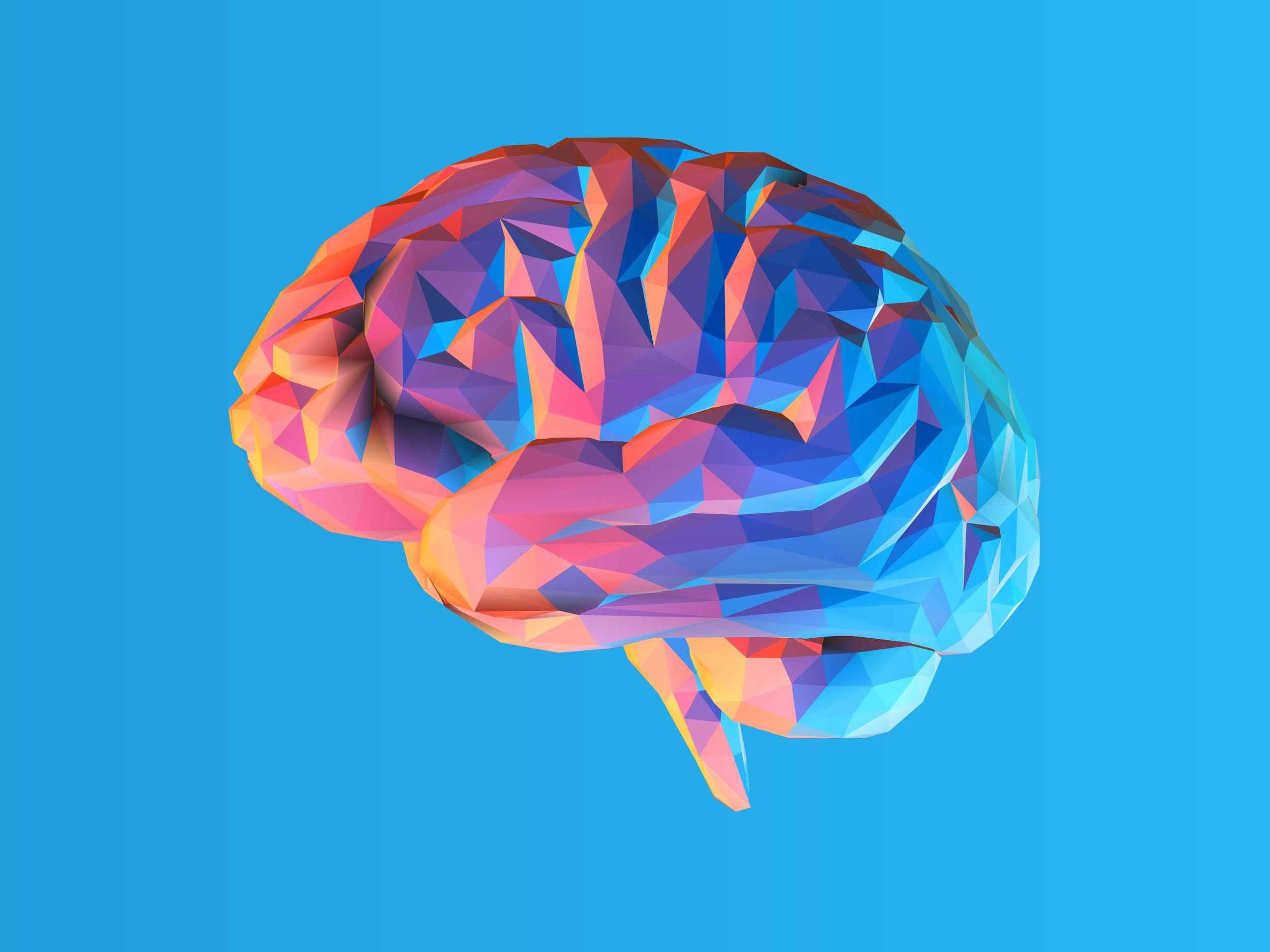Cognitive Rigidity…or Processing Time Needed?
I have been thinking about this idea for a while now, and probably need a few posts to share these thoughts with you in an organized way. I want to explore the concepts of “cognitive rigidity” and “processing time” and show you how to reframe our thinking around both.
(Already read Part 1? Here are Part 2, Part 3 and Part 4!)
“Rigid” or “Cognitive Rigidity”
When I hear people use these terms, it is usually in a negative way because a learner is not doing something that we want them to do.
Examples: So and so is rigid, They are not flexible, They are experiencing cognitive rigidity around X!
We want our learner to do X right now, or think about Y in a different way, and our learners insist that their way of doing X or thinking about Y is correct, and is THE only or best way to do it.
And, they seem resistant to additional and/or different information in that moment. Right?
If we continue to push, this “cognitive rigidity” may lead to challenging behaviors: resistance, escalation, yelling, arguing, shutting down, etc. I know you know what I mean.
We all want our learners to be more flexible / less rigid in their thinking and doing.
And you know what? They probably want that for themselves as well.
But here’s the new thought or reframe for us to ponder:
I think that, we (as the educators in the room), are stuck in OUR thinking that our learners are stuck.
Let me explain.
The other side of the coin is Processing or Processing Time. I have been thinking about the following question or idea a lot lately (and touched on it in my recent conversation with Debbie Reber on the TiLT podcast): What exactly happens in the brain when we give our learner (or ourselves for that matter) new information to process?
Not that long ago, I used to think about processing and processing time primarily in terms of receptive language and/or comprehension. For example: My learner needs to hear what I have said, process what it means -- i.e., comprehend, understand, make meaning from -- and then, respond.
However, more recently, I am viewing “processing” in a much deeper or more complex way.
When we present new information to someone, there is so much more than solely “comprehension” that happens, or needs to happen.
A person must:
comprehend what we have said (yes!)
And then…
integrate that new piece of information into their existing knowledge or understanding of the world in a meaningful way.
This part may involve episodic memory (recalling one’s prior similar but different experiences), and subsequently figuring out where and how that new nugget of information fits in.*
Other higher level thinking processes may also be called on in this process of integration – for example:
perspectives of others may need to be considered,
observations may need to happen in the immediate environment,
or
nonverbal communication may need to be noticed and comprehended as well.
I know this is a LOT, but I guess that is my point.
There is a LOT that needs to happen whenever new information is presented.
Importantly, this is not a new idea. Piaget talked about the cognitive processes of assimilation, accommodation and equilibration.* Unfortunately, in the world of social learning differences, we tend to forget all of this when we see challenging behaviors or are faced with a learner’s perceived “rigidity.”
So, I want to bring us back to this foundation of learning, and move us away from the focus on behavior: Any one of us needs time to process new information so that we can manage and respond to it successfully! But, what may be different, or individual, is the amount of time needed to do so successfully.
Now let’s bring these two ideas (cognitive rigidity and processing time) together.
Our learners - who are perceived as rigid – really, in my opinion and experience, just need more processing time than most people are willing to give them.
They are presented with new information, and their defenses go up because the world is pushing them to accept something new or different without also giving them adequate time to process – i.e., consider, integrate, and respond to - this novelty or difference.
So…
What if we shift what WE are doing and instead allow and even graciously build in the time they need for these processes to occur? Or, what if we enter expecting that our learners will need more time to consider novelty than we ourselves might need?
And what if we come to see that allowing them that grace of time on the front end will reduce their stress responses (i.e., challenging behaviors) throughout?
In my experience, when we do this – when we allow our learners this space - great things happen.
Yes, it may mean letting go of the time pressure we feel, and it will take a little longer to get to our destination. But that is also exciting, because it helps us all look forward, positively to the future, rather than get stuck in the “right now.”
And … if this shift in how we view and approach “rigidity” supports the development of cognitive flexibility, isn’t it all worth it? I think so.
Next week I’ll share some of the ways I use declarative language and co-regulation to help create this space for our learners who really need it, so we all move towards cognitive flexibility and growth together.
But for this week, I’d love for you to pause when you hear yourself say things like, “Johnny is rigid”…
…and instead start to form a new habit where you say something like:
“Johnny needs extra time to process and integrate this new piece of information that I am presenting, and it is important for both of us that I allow Johnny that time, so he can do it successfully, without experiencing a huge stress response.”
Okay? 😊 Thank you and have a great week!
*With gratitude to Anna Schwartz Ph.D. for providing this source and connecting my reflections to the already existing work of Piaget!
Finished with Part 1? Part 2 is here!
4-Week Group Coaching Workshop
Want to learn how to help your learner manage new or different information successfully? Join us Tuesday evenings in May! Details are here.
Sunday Snippets of Support
If you like them, you can receive them directly to your inbox here!











